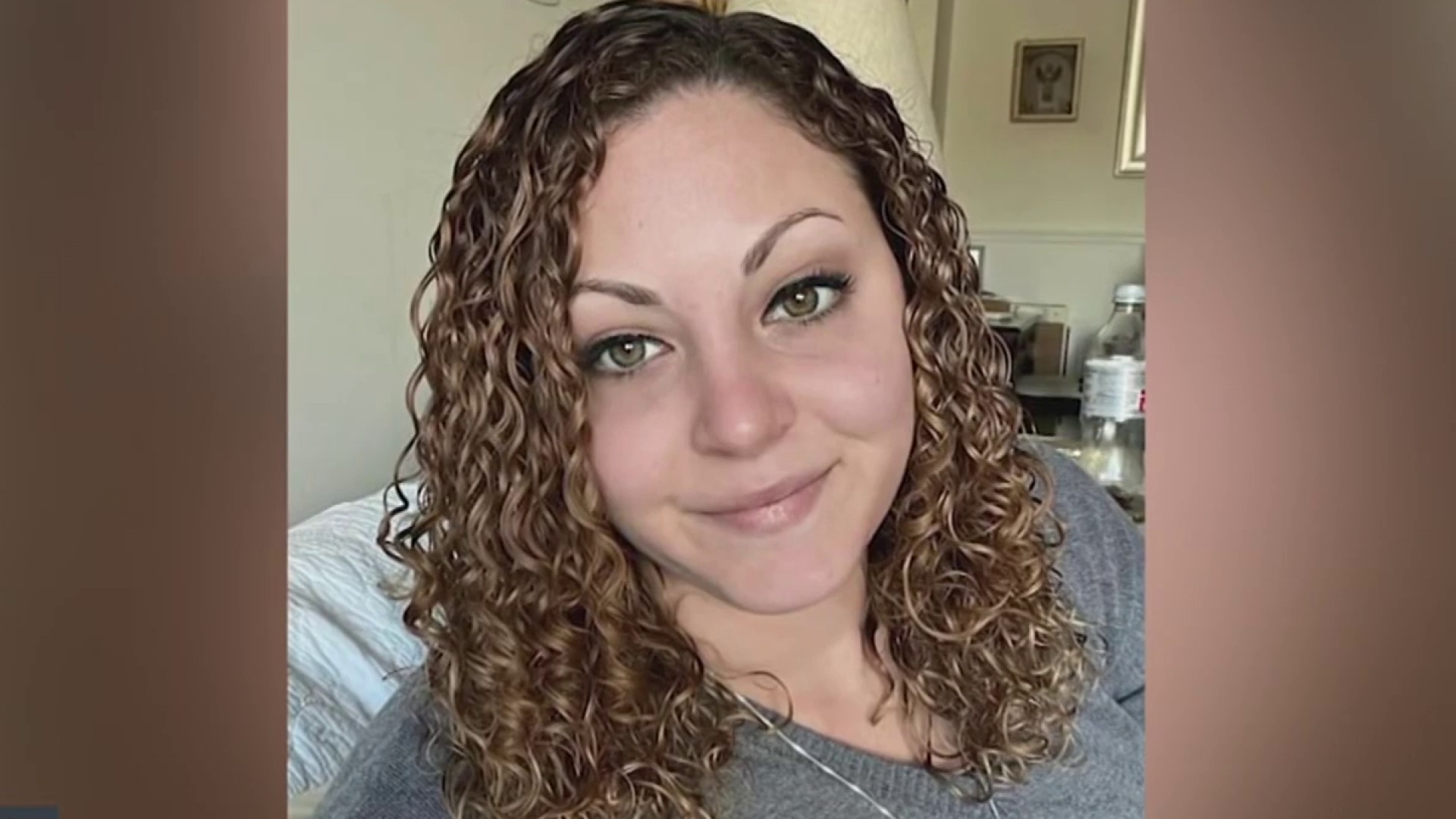
A rarely open U.S. House seat in Maryland has drawn a crowded field of 24 Democrats and eight Republicans in a special primary for the office held by the late Rep. Elijah Cummings.
Candidates in the majority-black district's Tuesday primary include Cummings' widow, Maya Rockeymoore Cummings; and Kweisi Mfume, a former NAACP head and one of three men who have held the seat in the past 49 years.
Republicans on the ballot include Kimberly Klacik, an activist whose social media video of trash and run-down buildings in Baltimore caught President Donald Trump's attention before he went on to describe the district in a tweet as a “rodent-infested mess.”
Mfume, who stepped down in 1996 to lead the NAACP after serving five terms as a congressman, is telling voters in the heavily Democratic district that his experience is what separates him from the crowd.
We're making it easier for you to find stories that matter with our new newsletter — The 4Front. Sign up here and get news that is important for you to your inbox.
“No matter what, if one of them gets elected to this office, they will not have the same amount of seniority until 2030 ... but I go in with seniority, which elevates this district and elevates our ability to bring about true and lasting change for people,” Mfume said.
But other candidates say the need for change is why someone new is necessary.
Several women are running to restore a female to Maryland's all-male congressional delegation. Rockeymoore Cummings has been endorsed by EMILY's List, which backs female Democratic candidates who support abortion rights.
Local
Washington, D.C., Maryland and Virginia local news, events and information
“It's time for a fresh future, and I'm fighting for the future, not just for the 7th Congressional District, but of the nation," said Rockeymoore Cummings, a former Maryland Democratic Party chairwoman. “We're at a critical moment."
Roughly half of the district's voters live in Baltimore. Maryland's largest city has struggled with drugs and violent crime as well as deep-rooted poverty. The district also includes more well-to-do communities in Baltimore and Howard counties.
Democrats outnumber Republicans by more than 4-1 in the district, which is home to landmarks like Johns Hopkins Hospital and the Social Security Administration, as well as cultural touchstones like the Baltimore Museum of Art. The national headquarters of the NAACP, the nation's oldest and largest civil rights organization, is in the district.
The next representative will follow a popular leader who served in Congress for more than two decades. Cummings, who died in October, was remembered as a civil rights advocate, a powerful critic of Trump and a prominent figure in the impeachment inquiry.
Several state legislators are competing for the chance to replace Cummings.
State Sen. Jill Carter, of Baltimore, said she is running as a progressive candidate who has stood up for issues important to the district before the Democratic establishment was ready to address them, such as criminal justice reform. Carter has been endorsed by former NAACP CEO Ben Jealous, who also was Maryland's Democratic nominee for governor in 2018.
Other Democrats include Del. Talmadge Branch, an east Baltimore state legislator, and Del. Terri Hill, whose district starts at Baltimore's southwestern border and runs through parts of Baltimore and Howard counties. Del. Jay Jalisi, whose district is northwest of the city in Baltimore County, also is running.
For the GOP, Klacik has generated buzz with appearances on Fox News. Her social media posts ultimately led Trump to post tweets describing the district as a “disgusting, rat and rodent infested mess” where “no human being would want to live.”
During a debate with Republican candidates, Klacik said she wants to help struggling parts of Baltimore through a federal program known as opportunity zones. The program, which is supported by the president, aims to spark private investment in distressed communities with tax incentives for people who invest in real estate projects and operate businesses in designated low-income communities.
“I am going to do whatever it takes with the administration, with the community, anyone that wants to help and push this," Klacik said at the debate in January.
Liz Matory, who was the GOP nominee in 2018 in a neighboring congressional district, also is running. With so many candidates in a heavily Democratic district, Matory said she has heard many of her traditional supporters say the race is not winnable by a Republican.
"My argument is that it absolutely is winnable with the right candidate," said Matory, a former Democrat.
The primary winners will run in a special general election on April 28, which is the same day as Maryland's traditional primary. The winner of the special general election will serve the rest of the late congressman's term through Jan. 3, 2021. Whoever wins the special election will have to stand for reelection in November to keep the seat.



